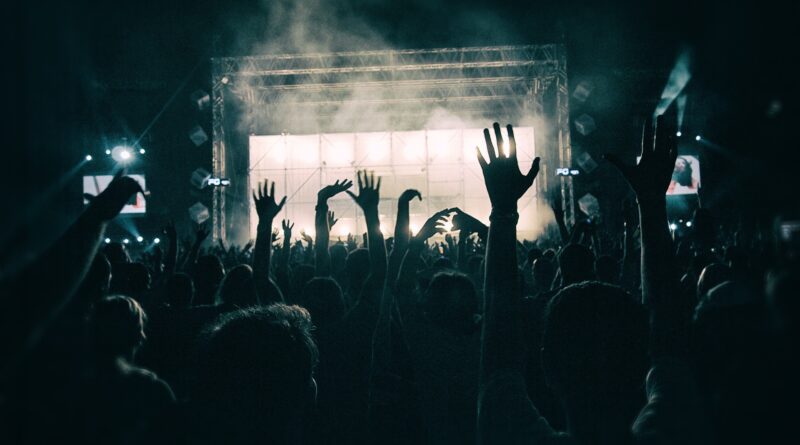The Power of Music Festivals: How Live Events Continue to Thrive in the Digital Age
In the new technological economy, where technology has transformed the way we consume entertainment, live music festivals continue to thrive and hold a unique place in our culture. Despite the convenience of streaming services and virtual experiences, the power of music festivals lies in their ability to create immersive and communal experiences that cannot be replicated online. Here are some key reasons why music festivals continue to thrive in the digital age:
Shared Experience and Community:
Music festivals bring people together in a shared space, creating a sense of community and connection. Attendees come from different backgrounds and cultures, united by their love for music. The excitement, energy, and camaraderie experienced at live events contribute to a sense of belonging and create lasting memories. This communal aspect is difficult to recreate in a digital environment.
Atmosphere and Production Value:
Music festivals offer a unique atmosphere that combines music, art, fashion, and performance. The stage designs, lighting effects, visual projections, and overall production value contribute to a multi-sensory experience that engages the audience. The sheer scale of festivals, with multiple stages, diverse artists, and various activities, creates a dynamic environment that captivates attendees.
Live Performances and Artist Interaction:
Live performances are the heart of music festivals. Seeing artists perform their music in person, witnessing their passion and talent, and feeling the energy of the crowd is an exhilarating experience. Additionally, festivals often provide opportunities for artist meet-and-greets, autograph signing sessions, or even intimate performances, allowing fans to interact with their favorite musicians in a more personal way.
Discovery and Diversity:
Music festivals showcase a wide range of artists and genres, providing an opportunity for attendees to discover new music and expand their musical horizons. Festivals often curate diverse lineups, featuring established headliners, rising stars, and local talent, offering something for everyone. The exposure to different styles of music and performances encourages exploration and fosters a sense of musical discovery.
Escapism and Celebration:
Music festivals offer a temporary escape from daily routines and provide a space for celebration. These events often take place in scenic locations, such as parks, beaches, or countryside, offering a break from urban life. The festive atmosphere, freedom of expression, and celebration of music and art create an environment where attendees can let loose, have fun, and embrace a sense of liberation.
Social Media and Digital Integration:
While music festivals thrive in the physical realm, they also leverage digital platforms to enhance the overall experience. Social media platforms and festival apps allow attendees to share their experiences, connect with other festivalgoers, and access real-time updates. Festivals often incorporate interactive elements like photo booths, live streaming, and virtual reality experiences, bridging the gap between the physical and digital worlds.
Conclusion:
The power of music festivals in the digital age lies in their ability to create unique, immersive, and communal experiences that foster a sense of connection, discovery, and celebration. While digital platforms offer convenience and accessibility, they cannot replicate the atmosphere, energy, and multi-sensory impact of a live event. As long as people continue to seek shared experiences and the thrill of live performances, music festivals will remain a thriving and integral part of our cultural landscape.









